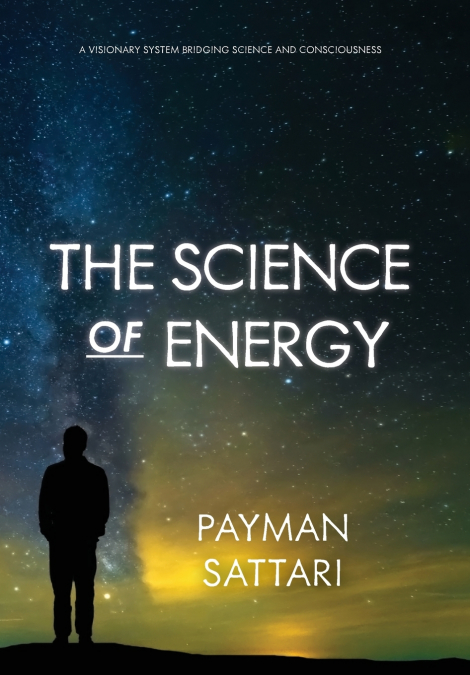
Payman Sattari
SILVER MEDAL WINNER - NAUTILUS BOOK AWARDS (SCIENCE & COSMOLOGY)THE SCIENCE OF ENERGYвӯҗпёҸвӯҗпёҸвӯҗпёҸвӯҗпёҸвӯҗпёҸ -San Francisco Book Review'Sattari effectively tees up his compelling metaphysical premise... that вҖҷconscious experience is not spooky or mysterious. It is part of the natural order.вҖҷ' -Kirkus ReviewsFor centuries, Western thought has maintained a profound schism in our conception of reality: the seemingly unbridgeable gap between the objective world of matter and the subjective realm of consciousness. This award-winning work examines how this division emerged, why it persists, and presents a compelling framework for reconciliation.With what Pacific Book Review calls 'an engaging blend of clarity and enthusiasm,' Sattari traces the development of our understanding from ancient philosophical awakenings through the Scientific Revolution to quantum mechanics and relativity. Throughout this journey, we witness how what began as a unified inquiry gradually fractured, with consciousness and subjectivity increasingly marginalized from our models of reality.At the heart of SattariвҖҷs analysis are the fundamental dualities that characterize our experience: subject and object, continuous and discrete, whole and parts, measurable and immeasurable. Rather than treating these as irreconcilable opposites, he reveals them as complementary aspects of an undivided whole. Drawing from both Eastern and Western traditions, Sattari demonstrates that many paradoxes in our current understanding stem from artificially separating what cannot truly be divided.This groundbreaking exploration reveals how the methodological choice to exclude the observer-what physicist Erwin SchrГ¶dinger called a 'simplifying provisional device'-has limited our ability to develop a comprehensive understanding of reality. By reintegrating consciousness into our metaphysical framework, Sattari opens the possibility of a science that speaks not only to the mechanics of the physical world but to the very nature and purpose of conscious experience itself.The Manhattan Book Review praises this work as 'an astute and perceptive exploration of human consciousness, how it relates to and informs reality,' while the Midwest Book Review notes it is 'not just theoretical... An accessible, enlightening, thought-provoking series of insights.'This compelling work presents a coherent bridge between the material and conscious aspects of reality-a framework that transforms our understanding of ourselves and our place in the cosmos.